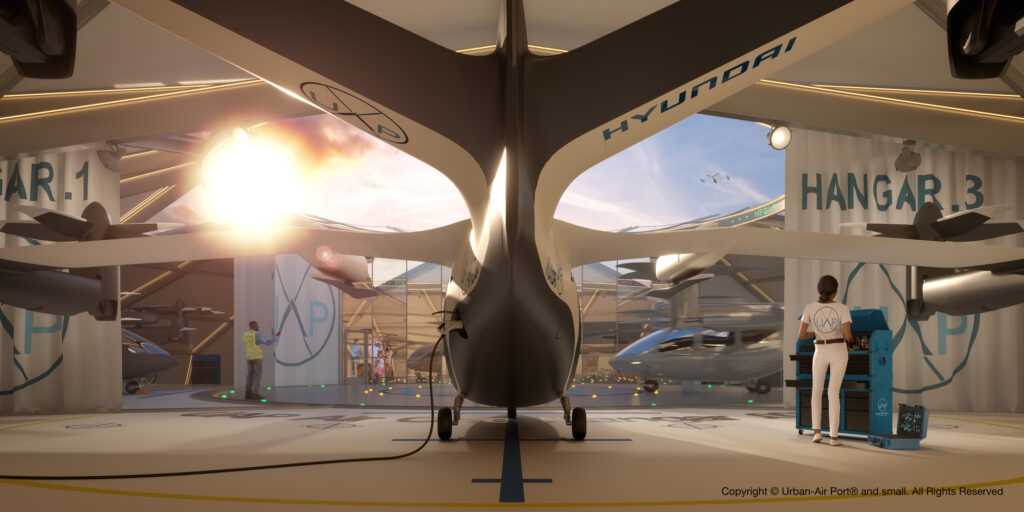Munich Airport in Germany is launching a €2.5m (US$2.9m) project to turn 1,900ha of existing Bavarian forests into “climate forests”. The news was announced alongside plans to create electric vertical takeoff and landing (eVTOL) infrastructure at the airport in partnership with Urban-Air Port.
The airport’s aim is to operate the airport carbon-neutrally by 2030 with this forest project reducing the airport’s CO2 emissions by 60%. The remaining 40% will be offset through other projects.
The trees planted are forecasted to capture more than 7,000 metric tons of CO2 a year, which is around a third more than standard commercial forests. A total of around 90,000 metric tons of CO2 will be captured over the initial project term of 30 years and the average age of the trees will increase from 65 to 75 years – removed trees are to be used primarily as timber for construction or furniture, instead of being burned, so that the CO2 remains captured for as long as possible. Timber growth in the climate forest will be constantly monitored and calculated based on forest inventories carried out every 10 years. The accumulation of CO2 in the climate forest will be calculated using an accounting tool from the German Forestry Council (DFWR). This tool was developed by the University of Göttingen together with the Johann Heinrich von Thünen Institute and the University of Freiburg and supported by the consulting firm ClimatePartner.
Munich Airport CEO Jost Lammers said, “The climate forest is a significant step closer to our goal of operating Munich Airport carbon-neutrally by no later than 2030. We are particularly delighted that we have been able to launch such a large carbon-offset project such a short distance from our airport.”
The land for the forest is to be provided by the Count Arco’sche Forest Administration, which stated, “Forests can absorb large amounts of CO2 from the atmosphere – that much is the consensus among scientists. In cooperation with Munich Airport, we are proving that a sustainably managed forest is more effective in protecting the climate than an unmanaged forest. Moreover, when wood is processed into durable products such as wooden houses or furniture, the CO2 remains permanently absorbed.”
Muich Airport’s eVTOL operations are expected to be operational by the middle of this decade to facilitate the vertical take-off and landing of electric air taxis. The goal is to demonstrate an ultra-compact, rapidly deployable, multi-functional operations hub for manned and unmanned vehicles providing aircraft command and control, charging and refueling, cargo and passenger loading and other associated services.
Dr. Ralf Gaffal, MAI’s managing director, said, “The aviation industry is constantly evolving. While urban air mobility was a vague vision just a few years ago, this trend is within reach today. We, as Munich Airport International, see great potential in this new mode of transportation and have developed an advanced air mobility program to actively shape the future. Partnering with Urban-Air Port allows us to join forces in designing, implementing and operating scalable and sustainable urban airports around the world.”

